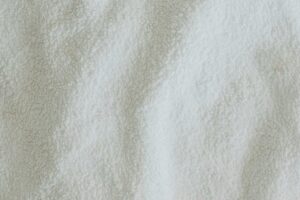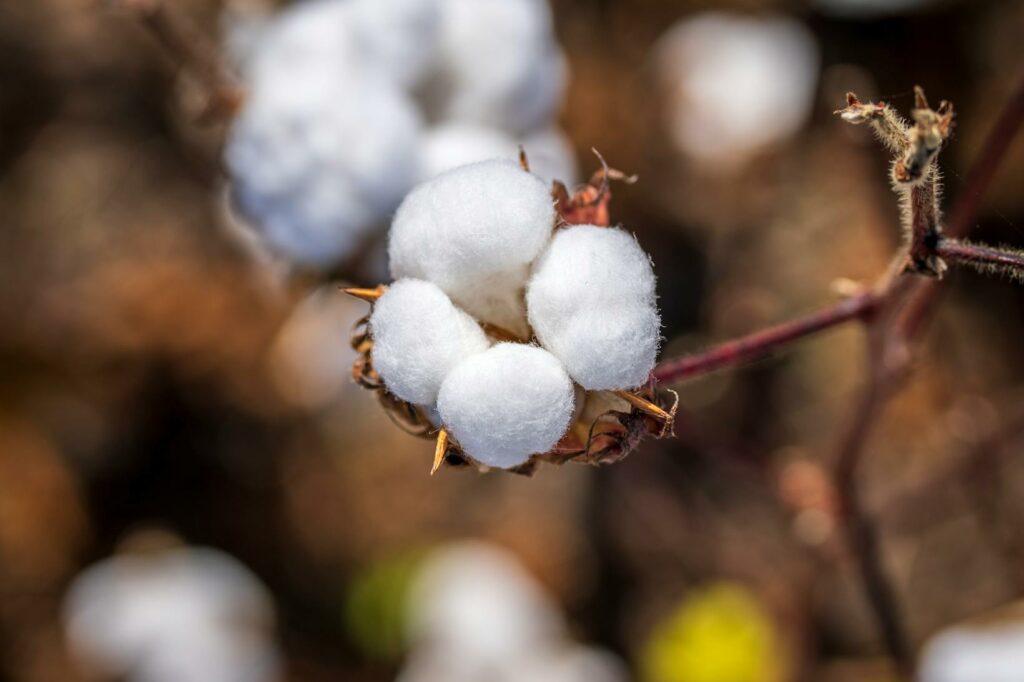The Global Organic Textile Standard (GOTS) is a leading certification for organic textiles worldwide. It ensures that products labeled as “organic” meet strict environmental and social criteria throughout the entire supply chain. From the harvesting of raw materials to the environmentally and socially responsible manufacturing, GOTS sets the standard for sustainable and ethical practices in the textile industry.
Global Organic Textile Standard
The Global Organic Textile Standard (GOTS) is a certification that ensures products labeled as “organic” meet strict environmental and social criteria along the entire supply chain. It promotes eco-friendly practices and fair labor conditions.
What Is GOTS?
 GOTS is a leading global standard for the processing of textiles made from organic fibers. It defines high-level environmental criteria along with criteria for ensuring fair and ethical treatment of workers. GOTS-certified products must contain a minimum of 95% certified organic fibers.
GOTS is a leading global standard for the processing of textiles made from organic fibers. It defines high-level environmental criteria along with criteria for ensuring fair and ethical treatment of workers. GOTS-certified products must contain a minimum of 95% certified organic fibers.
The Importance of Organic Textiles
Choosing GOTS-certified organic textiles supports sustainable production methods and reduced environmental impact. These products limit the use of harmful chemicals, promoting better health for both consumers and workers. By opting for organic textiles, consumers contribute to a healthier planet and safer working conditions in the textile industry.
Certification Process
The certification process for the Global Organic Textile Standard (GOTS) ensures that products meet strict environmental and social criteria.
Criteria for GOTS Certification
To obtain GOTS certification, products must contain a minimum of 95% certified organic fibers. Additionally, the production process must meet stringent criteria related to environmental impact and social responsibility.
Steps to Certification
The steps to GOTS certification involve submitting an application, undergoing inspection and evaluation by an accredited certification body, and complying with the standard’s requirements for organic textile production. Once the criteria are met, the product can be labeled as GOTS certified, indicating its adherence to sustainable and ethical practices.
Challenges and Criticisms
 Global Organic Textile Standard (GOTS) certification, while widely recognized and acclaimed, has faced some common criticisms in the industry. These critiques mainly revolve around the certification process, cost implications, and certain limitations.
Global Organic Textile Standard (GOTS) certification, while widely recognized and acclaimed, has faced some common criticisms in the industry. These critiques mainly revolve around the certification process, cost implications, and certain limitations.
Let’s explore some of the key challenges and criticisms associated with GOTS.
Common Criticisms of GOTS
- Complex Certification Process: One common criticism of GOTS is the perceived complexity of the certification process. Some stakeholders find the requirements and documentation involved in obtaining GOTS certification to be cumbersome and time-consuming.
- Cost Considerations: Another criticism is related to the cost implications of GOTS certification. For small-scale producers or manufacturers, the expenses associated with meeting GOTS standards and undergoing the certification process can pose a financial challenge.
- Limitations on Chemical Use: While GOTS limits the use of certain chemicals in textile production to protect the environment and consumer health, some critics argue that these restrictions may hinder innovation in materials and processes within the industry.
Addressing the Challenges
To address these criticisms and challenges, stakeholders in the textile industry can consider taking proactive measures:
- Simplified Guidance: Providing clearer and more straightforward guidance on the certification process can help alleviate the perceived complexity and streamline the application procedure for interested parties.
- Financial Support: Offering financial assistance or incentives to small-scale producers looking to obtain GOTS certification can help mitigate the cost barriers and encourage more sustainable practices across the supply chain.
- Innovation and Research: Encouraging research and innovation in alternative materials and sustainable production methods can help overcome limitations on chemical use while still meeting GOTS standards.
By acknowledging and addressing these challenges, the textile industry can work towards enhancing the effectiveness and accessibility of GOTS certification, promoting sustainability, and ethical practices in textile production.
Ensuring Integrity
 GOTS certification plays a vital role in ensuring the integrity of organic textile products. By adhering to stringent environmental and social standards, GOTS-certified items demonstrate a commitment to sustainability and ethical practices.
GOTS certification plays a vital role in ensuring the integrity of organic textile products. By adhering to stringent environmental and social standards, GOTS-certified items demonstrate a commitment to sustainability and ethical practices.
Despite challenges such as complexity and costs, stakeholders can work together to streamline processes and support small-scale producers. Embracing innovation and fostering transparency will further strengthen the impact of GOTS certification in promoting eco-conscious choices and responsible manufacturing.
As the textile industry continues to evolve, GOTS remains a cornerstone for driving positive change and shaping a more sustainable future for textile production globally.



